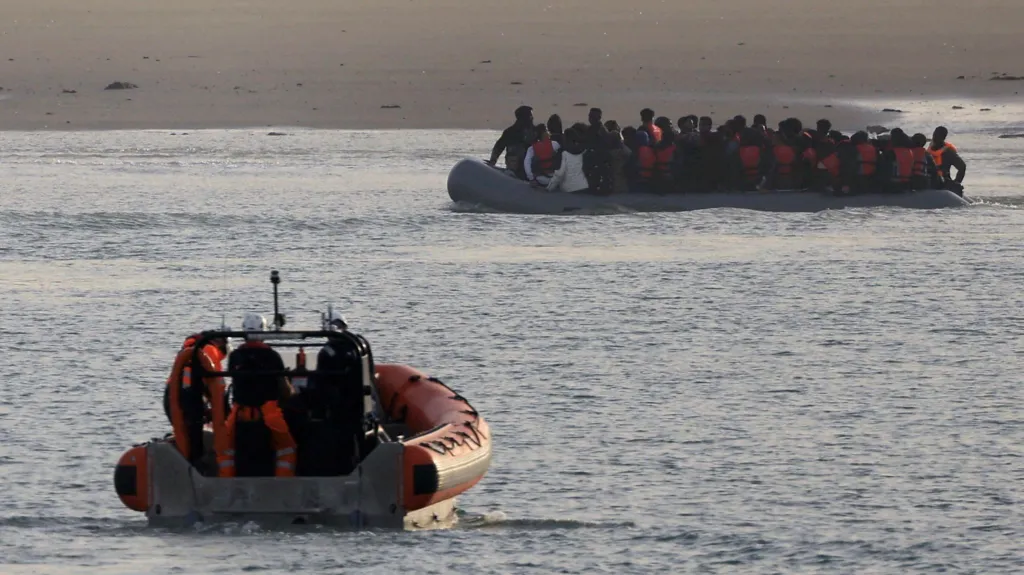The Incident Unfolds
In the early hours of the morning, tragedy struck the English Channel when a migrant vessel, heavily overloaded and in distress, encountered severe difficulties. The incident occurred off the coast of Calais, leading to a harrowing situation that claimed the life of a woman aboard the boat.
Initial Rescue Efforts
At approximately 04:30 BST, French maritime authorities received an urgent call for help. A French patrol boat was dispatched to the scene where the overloaded vessel was struggling. According to officials, the boat was crammed with 75 people, many of whom were in dire need of assistance. The patrol units, upon arriving, found the vessel in critical condition and began rescue operations.
During the rescue, some individuals on the boat requested immediate help. The patrol teams commenced the evacuation of those in distress. It was during this process that the condition of one individual became apparent. A woman was found unconscious and was swiftly airlifted by helicopter to a hospital in Boulogne-sur-Mer, located in northern France.
The Tragic Outcome
Despite the rapid response and efforts to provide first aid, the woman did not survive. Her death marks a somber moment in the ongoing crisis of migrants attempting dangerous crossings in search of safety and a better life. The French maritime prefecture noted that this tragic incident is part of a disturbing trend where individuals perish not from drowning but from illness or as a result of crush injuries.
The 34 other individuals rescued from the vessel were taken to the port of Calais, where they received medical attention and support from rescue services and border police. However, several people on the boat declined assistance and chose to remain on board, highlighting the desperation and complexity of the situation.
The Broader Context
This tragic event is part of a larger pattern of perilous sea crossings that migrants undertake, often under extreme conditions. On July 12, another tragic incident occurred when a boat capsized, resulting in the deaths of four individuals who fell into the sea off the coast of Boulogne-sur-Mer. Such incidents underscore the dangerous and often desperate measures that migrants take in their quest for safety.
Efforts and Challenges
So far this year, over 14,000 people have made the perilous crossing of the English Channel. The scale of these crossings has prompted significant responses from authorities and political leaders alike. Following the general election, the Labour government under Sir Keir Starmer made changes to immigration policies, including the cancellation of plans to deport individuals to Rwanda. Instead, the focus has shifted to bolstering border security and addressing the root causes of migration.
Home Secretary Yvette Cooper has emphasized the need to combat criminal smuggling gangs that exploit vulnerable individuals and put lives at risk. The introduction of a new border security commander and enhanced cross-border police efforts are part of a broader strategy to improve law enforcement and address the challenges associated with illegal crossings.
Looking Forward
The tragic death of the woman in the English Channel serves as a stark reminder of the dangers faced by migrants seeking refuge. It also highlights the ongoing need for comprehensive solutions that address both the immediate and underlying issues driving these dangerous crossings.
As authorities continue to investigate the incident and work towards preventing future tragedies, the focus remains on improving safety, providing support to those in need, and addressing the complex factors contributing to migration across perilous routes like the English Channel.


